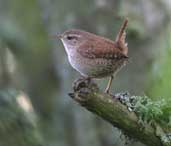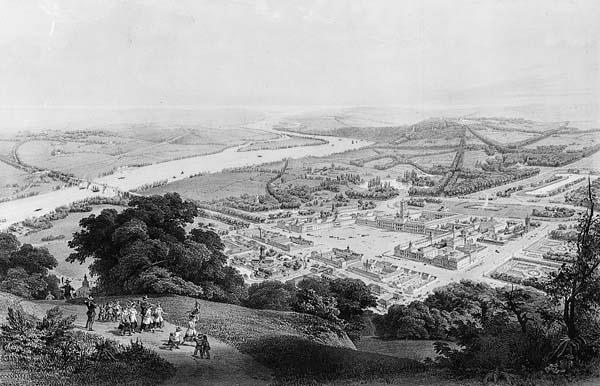
Marcel Duchamp lighting a cigarette with a bird on his shoulder.
Out of
Tallien: A Brief Romance (Frederic Tuten), probably a perfect book: “feeling invisible pushed him to wanting to hear the privileged world squeak as he twisted the rope about its neck.”
Or: “Around him buffoons, clods, idiots, vulgarians, soup slurpers, calculators to the dime of pay to housecleaners; those who bark at waiters and insult chambermaids; sycophants of no special charm, toe-steppers at cocktail parties who neglect to apologize because you are of no particular power or fame, parasites who eat your dinners and bad-mouth you at another’s evening table; idea horses, modeling the latest intellectual fashion . . .”

Out of Geraldine Monk’s terrific new
Escafeld Hangings (
West House Books, 2005), in a parcel titled “She Kept Birds”:
Troglodytes troglodytes
cutty stumpit
wranny wrannock
scutty skiddy
cuddy
tintie
titmeg
cracket
chitty jitty
juggy
puggie
gilliver
stag
our lady’s hen
(
T. troglodytes being the common winter wren: “a loud and melodious singer . . . Its characteristic call is a single or double note sounding like large pebbles being knocked together . . . It is one of the smallest European birds at about nine centimeters . . . it appears even smaller by its habit of sticking its very short tail up in the air. It has a fairly long, thin bill, a buffy supercilium and dark bars on its wings and flanks. Its name means “cave dweller” and derives from its habit of building its nest in a crevice or hole in walls, trees or steep banks.”)

Eugene O'Neill standing next to a bird bath, Lafayette, California, July 1937.
 Dexter Gordon birthday.
Dexter Gordon birthday.  Dexter, King of the Turf.
Dexter, King of the Turf.








